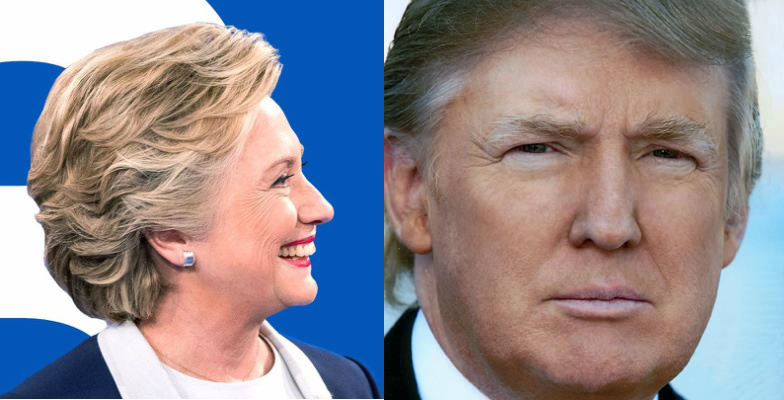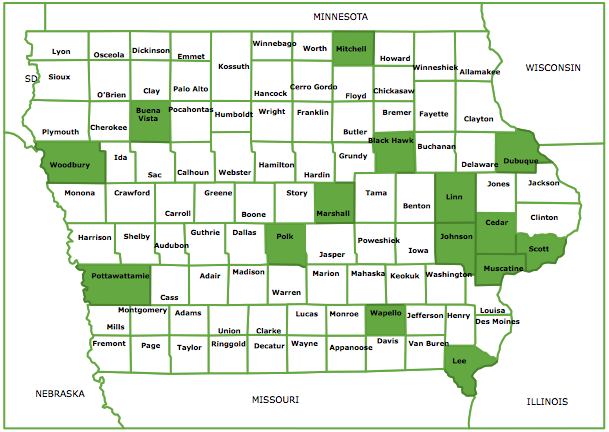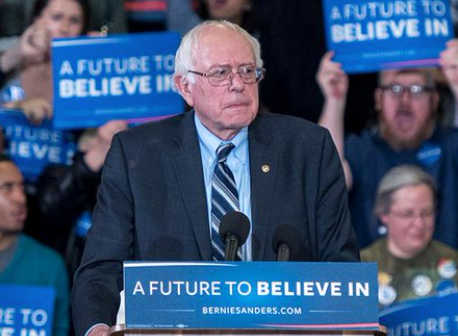November 4 was a devastating day for Iowa Democrats, but let’s look on the bright side for a moment.
1. Democrats held the Iowa Senate majority.
Since 2011, the Iowa Senate has kept us off the disastrous path followed by Kansas, Wisconsin, Ohio, and other states where Republicans control the trifecta. I’m disappointed that with a favorable map, Democrats weren’t able to expand their Iowa Senate contingent to 27 or 28. State Senator Daryl Beall was one of the good ones and will be missed by many. But a wave like that could have done a lot more damage.
For at least two more years, the Iowa Senate will continue to be a firewall against all kinds of horrible legislation that Iowa House Republicans will pass and Governor Terry Branstad would sign.
2. Iowa is no longer in a club with Mississippi.
All week, I’ve been reflecting on the many thoughtful and capable women who have been involved in Iowa politics during my lifetime. Not only Democrats, but also Republicans from Mary Louise Smith to Joy Corning to Mary Lundby and most recently, Mariannette Miller-Meeks. These women cared about public policy and ran for office to get things done. They weren’t recruited by strategists who thought they would be a marketable package. For this place in history to go to someone as ignorant and stage-managed as Joni Ernst feels very wrong.
That said, at least my children will not grow up believing that Iowans are too narrow-minded to elect a woman to Congress.
3. The Iowa Supreme Court is more likely to expand voting rights for thousands of non-violent ex-felons.
I had hoped Staci Appel would become Iowa’s first woman in Congress, but this wasn’t the year to be running against a guy who projects as a generic Republican.
The good news is that Iowa Supreme Court Justice Brent Appel will almost certainly be able to hear a lawsuit expected to be filed soon, which would challenge Iowa’s current law on voting rights. In April, a divided Iowa Supreme Court allowed Tony Bisignano to appear on the ballot despite a aggravated misdemeanor conviction. Three of the seven justices indicated that they were prepared to strike down a 1994 law defining all felonies as “infamous crimes,” which under the Iowa Constitution lead to the loss of a citizen’s voting rights. Three other justices disagreed with that opinion for various reasons and would uphold current law.
Justice Appel recused himself from the Bisignano case, but in other non-unanimous rulings he has usually joined the justices who believe not all felonies should disqualify Iowans from voting (Chief Justice Mark Cady and Justices Daryl Hecht and Bruce Zager).
Iowa Supreme Court justices tend to err on the side of recusing themselves, rather than hearing cases where there could be any appearance of a conflict of interest. Had Staci Appel won on Tuesday, I suspect Brent Appel would not have weighed in on any case affecting who might be able to vote to re-elect his wife. His participation could make the difference between a 3-3 split and a 4-3 majority ruling rendering the legislative definition of an “infamous crime” as unconstitutional. Thousands of Iowans with non-violent felony convictions might then be able to vote, as felons can do in most other states upon completion of their sentences.
UPDATE: When I wrote this post, I didn’t know the American Civil Liberties Union of Iowa was planning to file a lawsuit today challenging Iowa’s restriction on felon voting rights. The ACLU of Iowa is acting on behalf of Kelli Jo Griffin, who was tried and acquitted for voter fraud earlier this year. After the jump I’ve enclosed the announcement, with more background and detail on the lawsuit.
Continue Reading...










